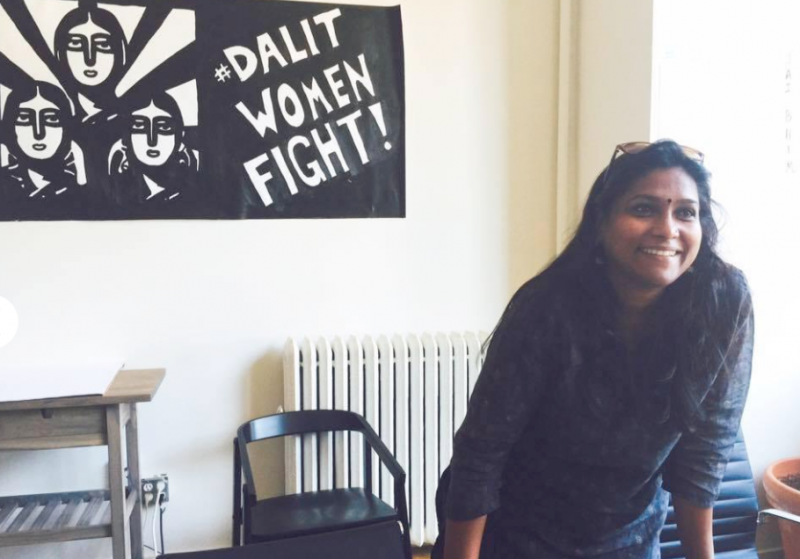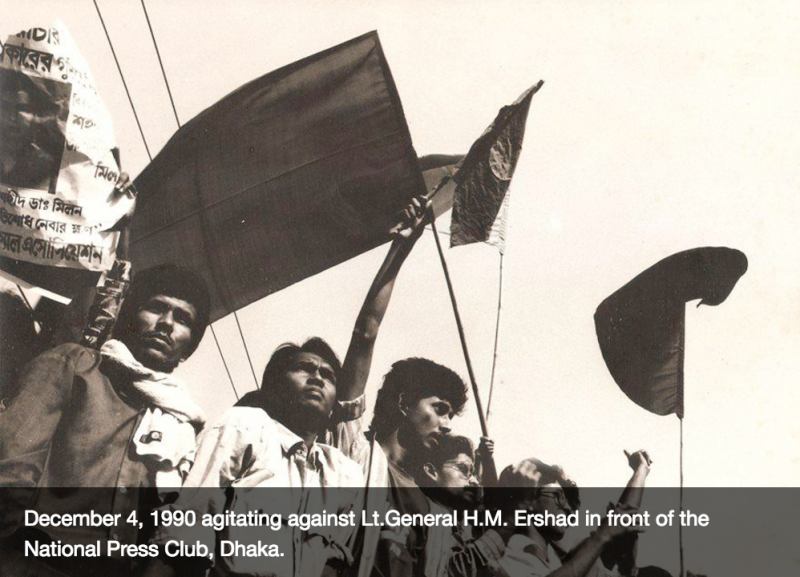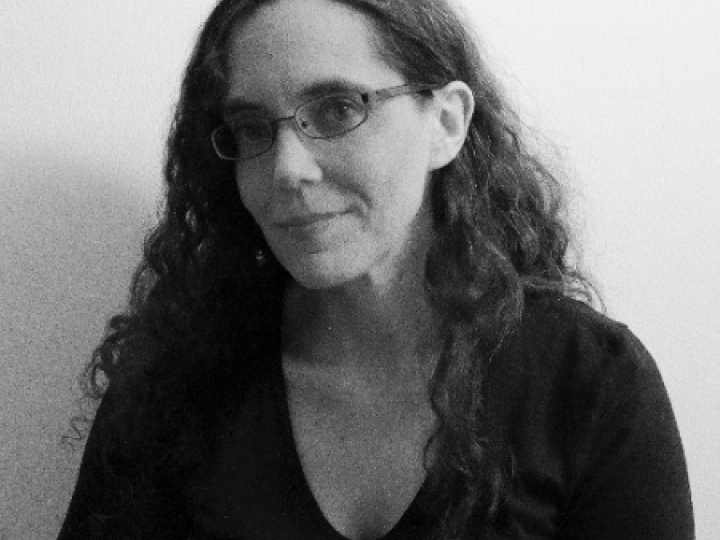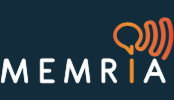For the last year and a half, I have been leading product development for a storytelling platform called Memria.org. We built Memria because there is currently no way for organizations – specifically social impact or advocacy organizations or NGOs – to easily collect, curate, analyze and share a large volume of narrative accounts, told by people in their own voices whose stories should be heard.
Memria has been running a pilot project with the Norwegian Human Rights Fund (NHRF), collecting stories of human rights defenders (HRDs) about the work they do, the risks they take, and why they are compelled to fight for the rights of others. The first of these stories have recently been published. Enhanced with photographs, these written and audio narratives are powerful vignettes into these individual's lives. You can hear the passion with which they speak on an issue; you hear their pain or their joy; you hear their personality shine through.

“The bodies of Dalit women is where the war of caste is being fought.” Asha Kowtal
Why this matters
So what? Stories are everywhere, right?
When you turn to your social media feed, radio, or TV news broadcast, you hear lots of “stories”. You hear short sound bites or anecdotes about people’s experiences. However, these stories are often mediated through the filter of the media outlet or platform that is distributing that story. If it’s a clip in a news broadcast, it’s going to be within the context or spin of the broader segment. Stories on social media are really just snippets of our everyday lives, shared with the people who we think might care to hear them (but in all honesty, probably don’t). But where can we go to hear first person, autobiographical narrative accounts on important societal issues, told by individuals outside our own social spheres and without being mediated by a news producer or film director?
The answer is we really can’t. For as much as the notion of story is out in the ether right now, there aren’t many tools that enable us to actually hear each other’s stories, collected on a large scale and made available for wide distribution
Stories on social media are really just snippets of our everyday lives, shared with the people who we think might care to hear them (but in all honesty, probably don’t). Karen Schlesinger
For example:
- What if there was a place to go where you could hear 10,000 people’s experience of getting health insurance under the Affordable Care Act and then losing it with the repeal of that legislation just a few short years later?
- What if there was a way to collect hundreds of stories from police and residents of communities of color about what their day-to-day experiences and interactions are like, and then exchange those stories with each other?
We hear “stories” on these issues nearly every day in news outlets and on social media, but these stories are always mediated. As a result, we absorb (consciously or not) the bias and perspective of that media piece. It’s like the audio version of a photograph - a photograph might represent reality, but it only shows the reality that exists within the frame. We don’t see what was happening just off-camera. We don’t see what happened moments before or moments after the image was captured. Similarly, mediated stories extract segments from the larger whole of a person’s experience as means of strengthening their case or making their point more powerfully.

“What inspires me in my work is the struggle of the people, their strength, their resilience…. In Bangladesh, people FIGHT against oppression…" Adilur Rahman Khan
The potential to transform
My personal experience in being a part of building the Memria platform and working with the NHRF for our pilot has been profound. I’ve helped build something that has the potential to transform how we as members of a society can share experiences in a way that engages and fosters a deeper understanding of one another. In a time when communities in nearly every corner of planet are experiencing conflict, unrest and turmoil to one degree or another, providing mechanisms for deeper listening to one another can be a step to better mutual understanding. I firmly believe that taking a step away from 24-hour news cycles and non-stop social media bubbles and opening ourselves up to listening to other people from other perspectives will be a good step in the right direction, and I believe that what we’re building will begin to enable just that.
I firmly believe that taking a step away from 24-hour news cycles and non-stop social media bubbles and opening ourselves up to listening to other people from other perspectives will be a good step in the right direction (...) Karen Schlesinger
The NHRF invites different actors within the human rights field to contribute on this blog. The opinions expressed here are those of the authors.


